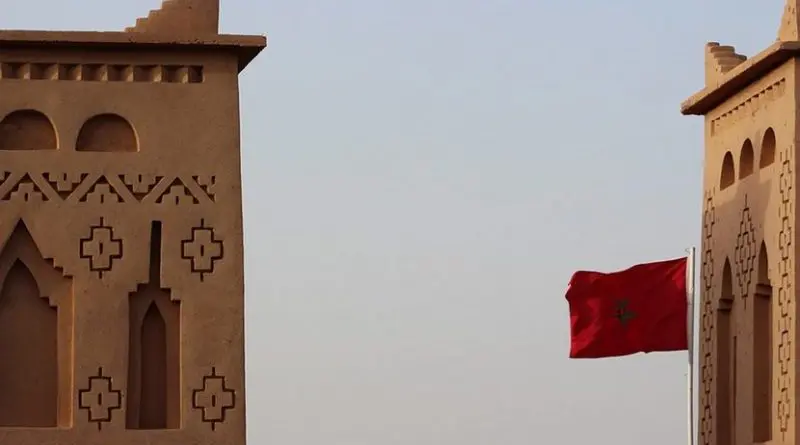The Essential Role Of Morocco In Reviving The Arab Maghreb Union – OpEd
Morocco plays a pivotal role in the revitalization of the Arab Maghreb Union, with its participation being integral to any efforts aimed at restoring cohesion and cooperation within the region. As a key stakeholder, Morocco’s involvement is crucial for ensuring the effectiveness and success of initiatives aimed at addressing shared challenges and fostering closer ties among Maghreb states. Its active engagement in discussions and decision-making processes is essential for realizing the Union’s full potential and advancing towards a future of prosperity and unity in the Arab Maghreb region.
The recent diplomatic endeavors by Mohamed Al Menfi, Chairman of Libya’s Presidential Council, to reignite discussions surrounding the Arab Maghreb Union signal a promising step towards regional cooperation. However, amidst this optimism, it is crucial to address the underlying complexities and challenges that have impeded the Union’s progress in recent years.
The Arab Maghreb Union, established in 1989 with the aim of fostering closer ties and addressing common issues among member states, has long been plagued by political and diplomatic tensions. The exclusion of representatives from Morocco and Mauritania in a recent meeting in Tunis underscores the deep-rooted divisions within the Union. Such exclusions not only hinder the effectiveness of Union initiatives but also exacerbate existing regional tensions.
Libya’s outreach to Morocco and Mauritania, urging their inclusion in discussions regarding the Union’s revitalization, highlights the imperative of unity among Maghreb states. Morocco’s pivotal role in promoting regional integration cannot be overstated, and its active involvement is essential for any meaningful progress within the Union. Moreover, Libya’s rejection of alternative proposals that may undermine the Union’s framework demonstrates a commitment to preserving the integrity of existing institutions.
The reluctance of certain member states, such as Mauritania, to engage in discussions without the presence of key stakeholders further complicates efforts towards Maghreb unity. Exclusionary practices not only perpetuate divisions but also hinder the Union’s ability to address pressing regional challenges effectively.
Despite its ambitious vision of creating a borderless region with free movement of people and goods, the Arab Maghreb Union has struggled to realize its goals due to ongoing disputes, particularly between Algeria and Morocco. The absence of a summit involving all five member states since 1994 underscores the urgent need for renewed dialogue and collaboration.
As regional actors navigate complex geopolitical landscapes, the revitalization of the Arab Maghreb Union emerges as a beacon of hope for fostering cooperation and addressing shared challenges. By reaffirming their commitment to dialogue and collaboration, Maghreb states can unlock the Union’s full potential, paving the way towards a future of prosperity and solidarity in the region.
In conclusion, Morocco’s indispensable role in the revitalization of the Arab Maghreb Union cannot be overstated. As a vital participant, Morocco’s engagement is fundamental to the success of endeavors aimed at reinstating harmony and collaboration across the region. Embracing Morocco’s involvement is pivotal to unlocking the Union’s complete potential and steering the Arab Maghreb region towards a future characterized by prosperity and unity.

